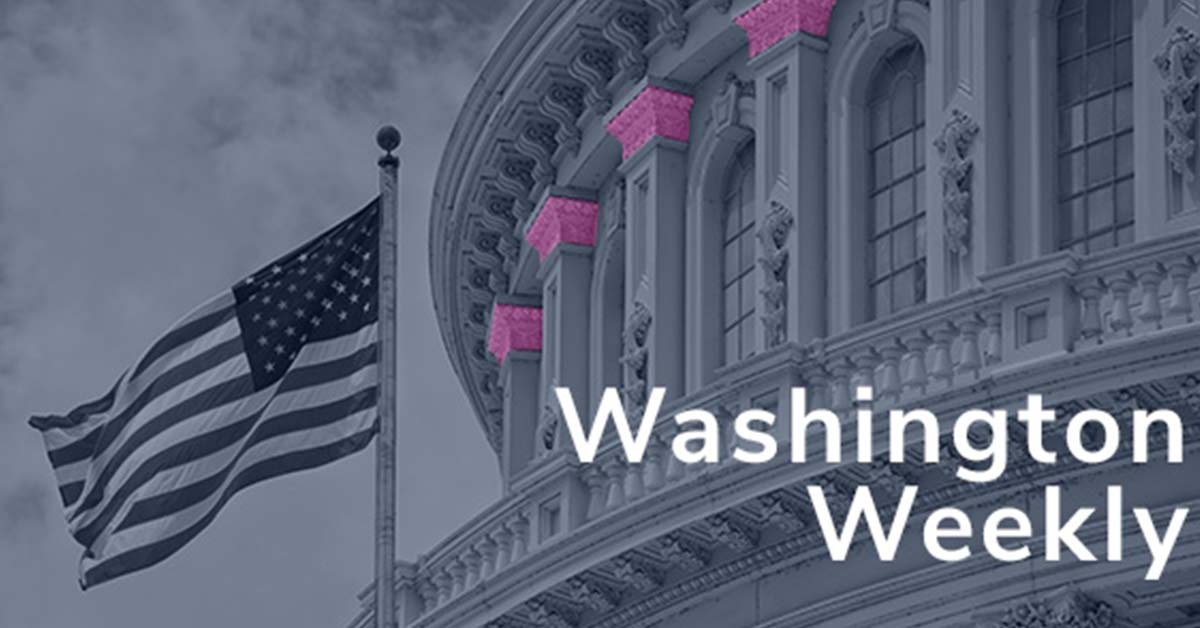Becker’s Washington Weekly: Week of October 14

The House and Senate are finalizing a compromise on the biennial Water Resources Development Act (WRDA) 2024 which aim to enhance the nation’s water infrastructure through various US Army Corps of Engineers projects. The House passed its WRDA – H.R. 8812 – on July 22, while the Senate passed S. 4367 on August 1. While the two bills have different stances on funding, they both are focused on construction projects, operations, adjustments in nonfederal cost-sharing, and assistance to small communities.
Overview:
WRDA Authorizations: Both WRDA bills authorize water-related infrastructure projects that are overseen by the US Army Corps of Engineers. These projects include improvements in navigation, flood risk reduction, and aquatic ecosystem restoration. Both versions of the bill extend existing authorizations and introduce new funding measures for small and large projects.
Construction Projects and Feasibility Studies: The House bill authorizes 12 construction projects with an estimated cost of $9.88 billion and 161 feasibility studies, including for 35 project modifications. It also directs expedited completion of 14 studies for authorized projects. In contrast, the Senate bill authorizes 13 construction projects totaling $9.95 billion and 75 feasibility studies, with directives to expedite 21 studies.
Operations and Funding: The House bill extends the Corps’ authority to rehabilitate high-hazard potential dams through fiscal 2030 and reauthorizes FEMA’s National Dam Safety Program through fiscal 2028. The Senate bill assesses the Corps’ ability to handle projects abroad and allows acceptance of funds from nonfederal interests for reservoir projects.
Support for Small Projects: Both bills increase funding for small projects like flood control and ecosystem restoration but vary slightly in the specifics of the funding caps and allocations.
Nonfederal cost-sharing: The House version considers a nonfederal interest’s ability to pay based on county per capita income. The Senate bill pushes for expedited guidance on nonfederal cost-sharing and emphasizes Congress’s intent for the Corps to access more revenue from recreational facilities.
Time For Final Passage: Negotiations between the House and Senate are ongoing with expectations to finalize the bill by end of the year. The bill’s passage is likely to be attached to the annual defense policy bill, continuing the practice of linking WRDA to broader legislative packages to ensure its enactment.





